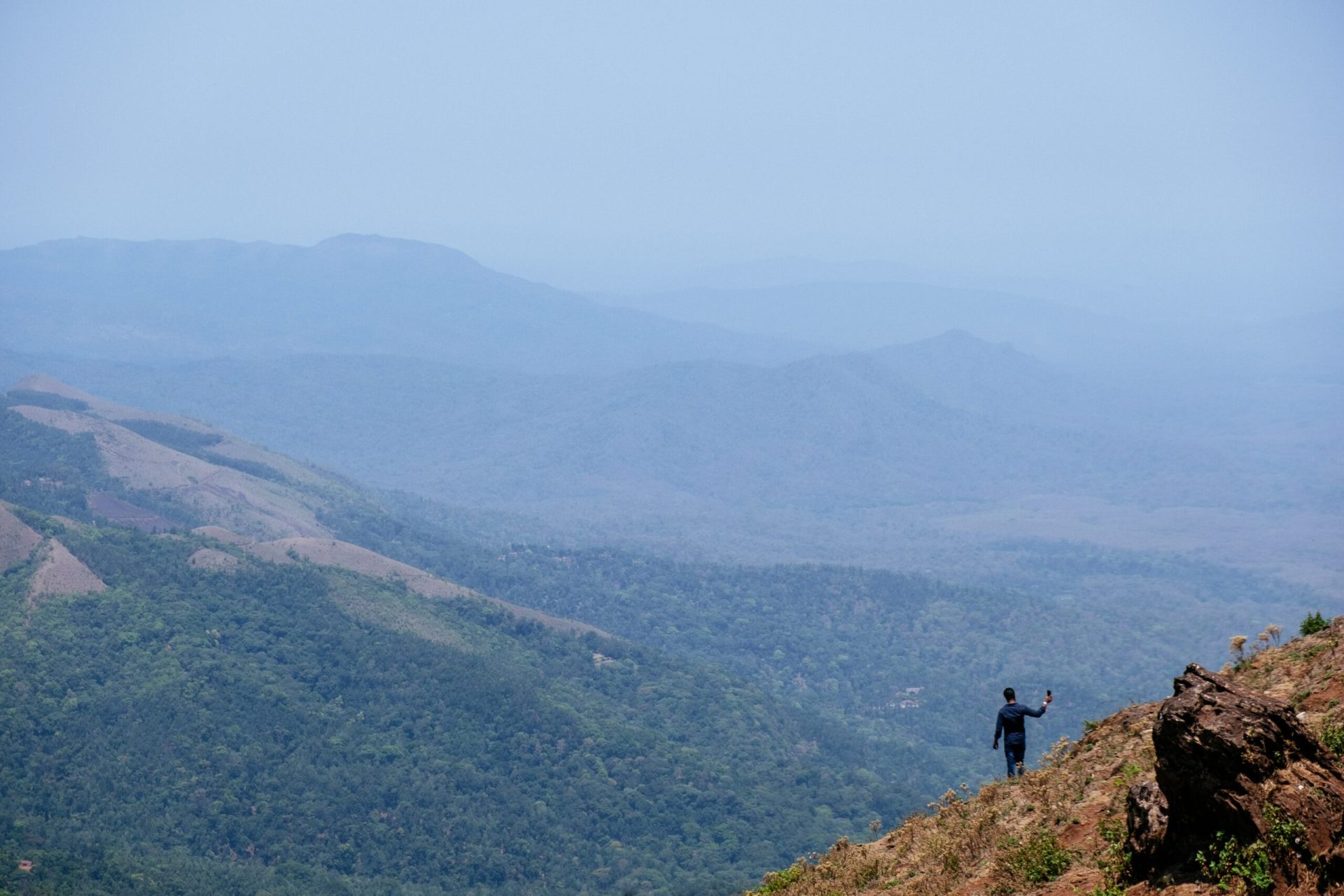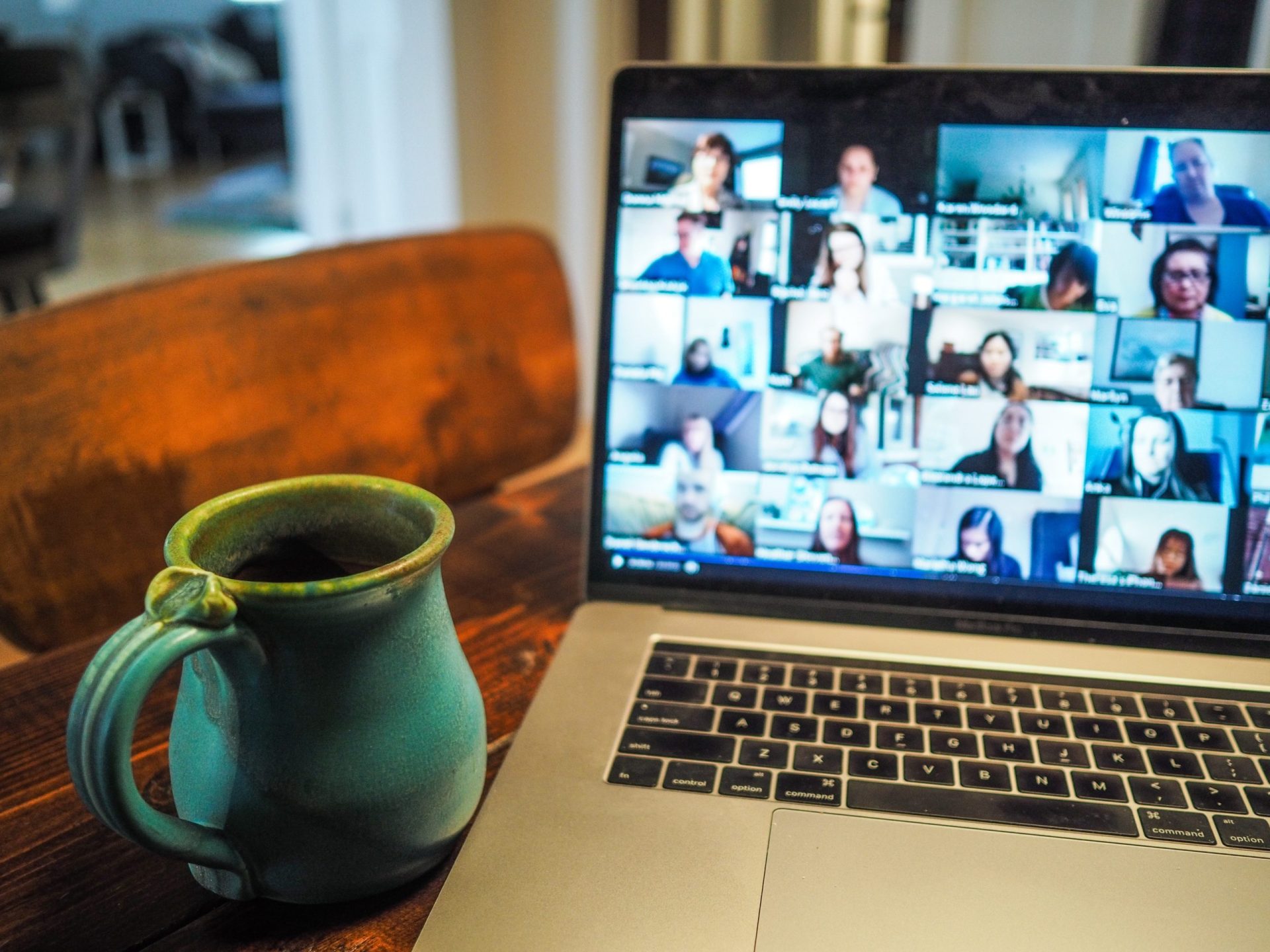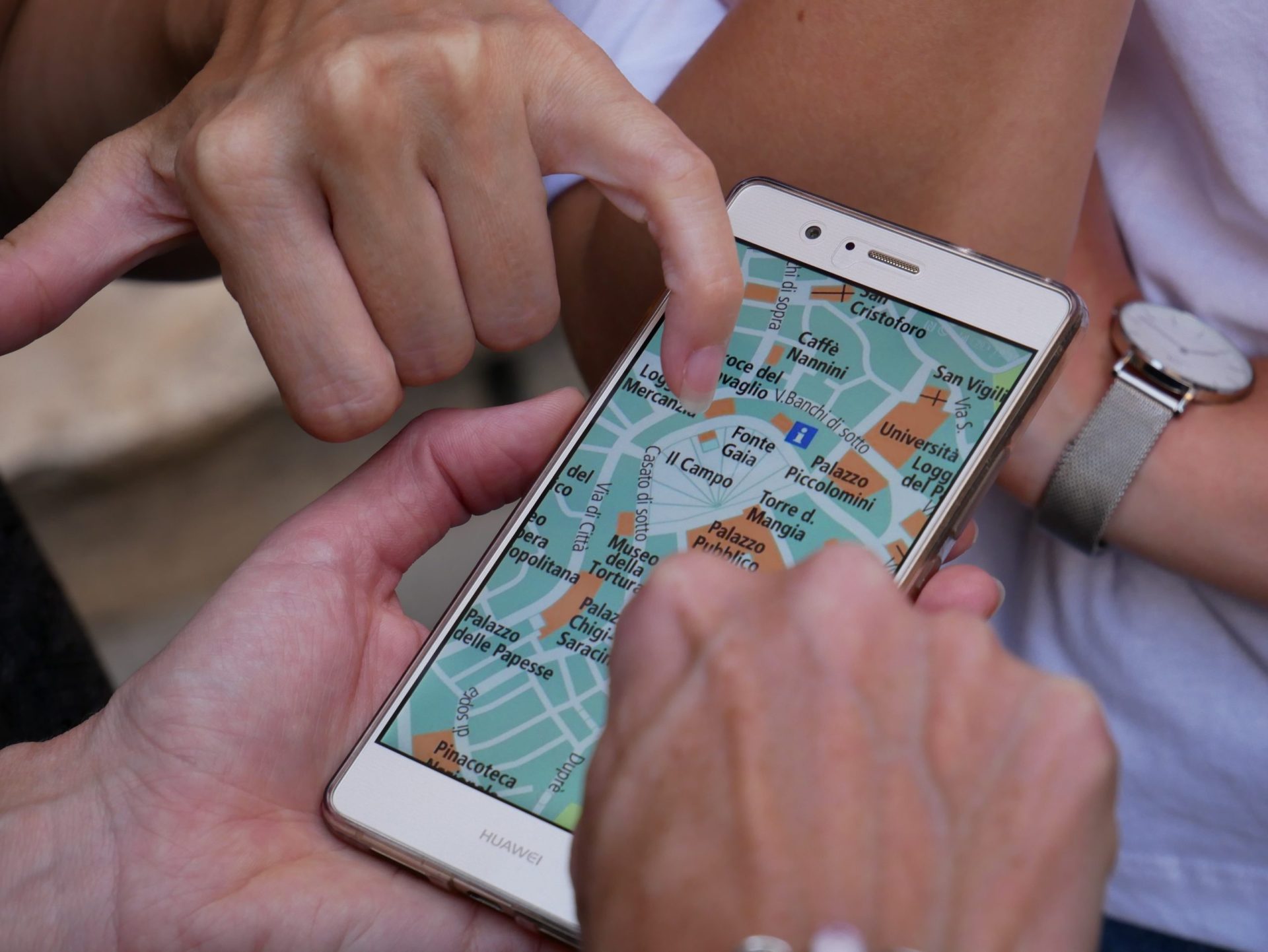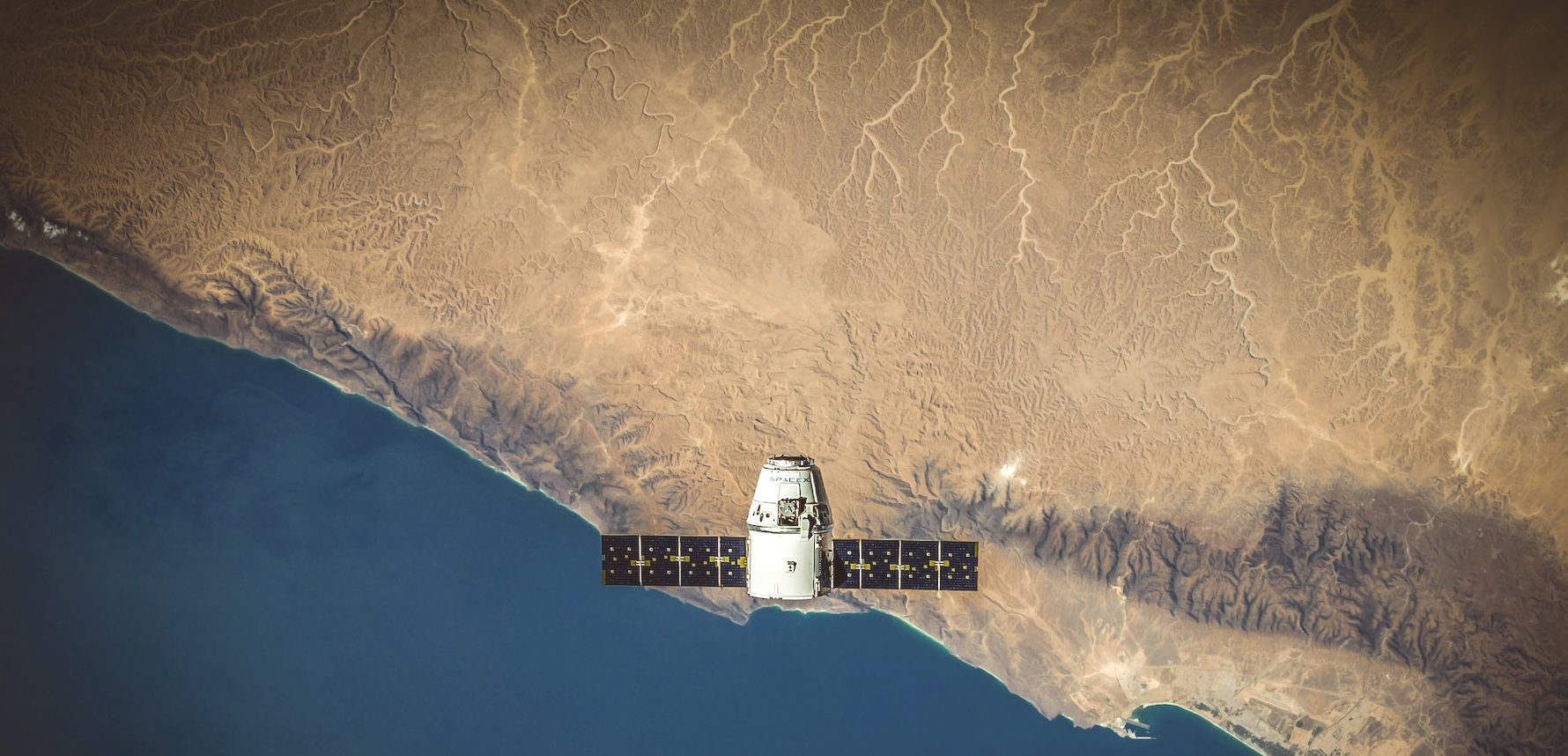How do we achieve digital inclusivity that goes beyond just basic access? Explore The Engine Room’s newly-launched Digital Resilience Hub.
Tip Sheets & Guides
How to tell your organisation’s data story
Data storytelling can help you advocate for your beneficiaries, secure funds for additional projects, and measure impact on the community.
When your tech tools just aren’t working for you any more
How to identify when it’s time for a change, how to choose tools that align with your evolving needs, and strategies for smooth transitions.
Understanding the Impact of Geospatial Data in Social and Climate Justice
Using Geographic Information Systems (GIS) to gather, manage, analyse and visualise spatial and geographic data
10 inspiring initiatives fighting online political violence against women in Latin America
A list of initiatives fighting online violence against women in politics in Latin America
Ensuring Communication for Social Justice Organisations with Unstable Internet
Tips for better calls in low-connectivity situations
Creating technical documentation for non-technical people: tips from our team
Tips for creating documentation that supports your team as you adopt tech tools.
Staying Online During Internet Shutdowns
As part of our efforts around mapping digital resilience trends, challenges and opportunities, we’ve seen the impact that digital rights threats can have on civil society.
How do we document (and communicate!) our work when there’s so much other work to do?
In the second quarter of this year (April, May, June), we worked with 29 partners from 13 different countries. This post looks at some of the challenges organisations came to us with during this period, and what resources, tips and recommendations we offered them.
Five considerations for humanitarians before designing & adopting chatbots
Last year we kicked off a project examining chatbot use in humanitarian work, with support from the IFRC and UNHCR. In this post, we share some of the key learnings for humanitarian organisations that emerged from our research.
Kicking off 2023 with a digital decluttering session
The Engine Room held a “digital decluttering fest” to practice the responsible data standards of retention, archival and deletion.
Digital IDs rooted in justice – APGT and TER present A Digital ID Handbook for civil society
A few months ago, we published the findings of our research on civil society advocacy on digital ID systems across the globe. For this project, we spent a year working with a team of researchers in four countries (Indonesia, Jamaica, Pakistan, and Uganda), looking at how organised civil society actors seek to shape the design, […]
Working on our digital resilience: video conferencing tools
Earlier this year we started a new project to examine and strengthen our digital resilience. In this blog post, we’re sharing some reflections about the new tools our team is testing out!
Report + Workbook: Ethical considerations for open source investigations
Ethical considerations for conducting open source investigations for human rights advocacy or legal accountability.
Takeaways from our Community Call on Responsible Data for Social Justice Organisations
In late June, as a part of our work with Ugandan organisation Albinism Umbrella, we hosted a Community Call about Responsible Data. Here are some of the insights that surfaced in the call.
Website Launch: Tech Tools for human rights documentation
Rsearch findings and practical advice for human rights documenters.
What we’ve learned through our support for organisations working on building digital communities
Our team has supported hundreds of social justice organisations to use tech and data. One clear trend we’ve seen over the years is a consistent interest in building online communities.
Adopting new tech: How to give your team the best chances of success
Introducing new platforms and tools is a challenging process for many organisations, but there are steps you can take to make it smoother.
How to think about tech when you don’t have time to think about tech
Rethinking an organisation’s use of tech and data does take quite a bit of time (and resources!). But, there are low(ish) hanging fruits that you can start tackling.
Building digital tools in social justice organisations: What to consider before getting started
What to consider before building a tool from scratch.
Becoming RAD! Retention, Archiving and Disposal of Data
Developing RAD processes allows organisations to have a responsible and streamlined process for retaining, archiving and deleting data.
Tech Tools for Human Rights Documenters
A resource for human rights documenters, tool developers and funders.
Equity as practice in research: notes on our methodology for Tipping the Scales
How focusing on equity in our research methods played a huge part in making the process so rich and fruitful.
Tech tips for working from home when everyone else is too
Tips and tools for weathering the work-from-home part of this storm.
Sharing (and learning from) trends in security threats and attacks
A guide for building attack archetypes & case studies.
A (new!) toolkit for organisational security practitioners
Tools for orgsec practitioners, security researchers and others.
Weaving research learnings into an organisational security community revamp
Explore our research and digital security toolkiit
Making public interest technology safer for human rights defenders
Options for organisations creating public interest technology that want to ensure the software they develop undergoes a rigorous security audit.
Successful tool re-use in open contracting
For organisations interested in deploying an existing open contracting tool.
Tools for ethical decision-making with geo-located data
We made these decision trees & case studies with the American Association for the Advancement of Science to help organisations use geo-located data responsibly.
What are the stages of creating a digital ID system?
This tool is meant for civil society, activists and journalists aiming to build their understanding of digital ID systems or to educate or advocate around them.
Sharing Data Responsibly: A conversation guide for human rights funders
we’re launching a guide to help funders think about how to have better conversations about responsible data
Collaborative Open Government Problem-Solving: Introducing opentactics.info
Together with open government peers we developed Opentactics.info.
Here we are, with the GDPR
As the implementation of the GDPR comes closer, here are some fo the things we’ve done to prepare.
How to use satellite imagery for Human Rights Monitoring: our new library entry
We worked with Robin Pierro to create an introduction on using satellite imagery for human rights monitoring.
Announcing our new guide to investigative web research
We’ve just finished working with a partner to create an introductory guide to investigative web research. As part of our aim to encourage shared, open documentation about the use of technology in social change, we’re publishing it so that other people can use it too. The guide is designed for researchers, activists and journalists who […]
New guide to participatory budgeting processes
Today, participatory budgeting amplified and supported with technology could play an important role in increasing citizen participation – and to help explore this issue, we’re excited to share our latest Library Entry, on Participatory Budgeting.
Towards a safer internet: feminist guides and resources
We are celebrating International Women’s Day with a compilation of resources, guides and organisations that help women and trans* persons use digital technologies in a safer way.
Alidade: an interactive tool to help you bring technology strategically into your project
We created Alidade – an interactive guide that helps social change organisations ask the questions that can help them decide what kind of technology tool would fit with their project.
Looking back at 2016 in the Responsible Data community
As the year draws to an end, we’d like to take a moment to celebrate the Responsible Data community, and to take a closer look at all the amazing things that its members have accomplished together this year.
Our new report on technology tools in human rights is here
Launching our new scoping study on the use of technology tools for human rights documentation
LevelUp your digital security training
LevelUp features resources, advice, and insight for becoming a better digital safety trainer and better prepare for, manage, and evaluate events. The customizable LevelUp Trainers’ Curriculum has been field-tested to create the open and participatory dynamic found best fit for a digital security training environment.
Seeing the Forest for the Trees: Our New Primer on Using Tech to Monitor Rainforests and Forest Peoples’ Rights
Do you work at an organisation that focuses on rainforest issues, land rights and indigenous rights?
Using Data on Rainforests to Influence Investors: Our New Quick-Start Guide
How can social change organisations influence companies to do the right thing for the environment? One way is to influence the people and organisations who invest in them. For example, Rainforest Foundation Norway (RFN) has successfully made the world’s largest sovereign wealth fund, Norway’s Government Pension Fund Global (GPFG), adopt tropical deforestation as a priority issue in reducing […]
Using Data on Rainforests to Influence Investors: Our New Quick-Start Guide
How can social change organisations influence companies to do the right thing for the environment? One way is to influence the people and organisations who invest in them.
Three Tactics for Responsible Data Planning
Following my last post about the ‘Innovative Uses of Technology in HIV Clinical Trials’ event, I wanted to share three tactics for managing responsible data complexity in program design. With a room full of PhDs, Mds, MPHs, MBAs and MScs (and sometimes a combination of several of each), what could the responsible data perspective offer? […]












































